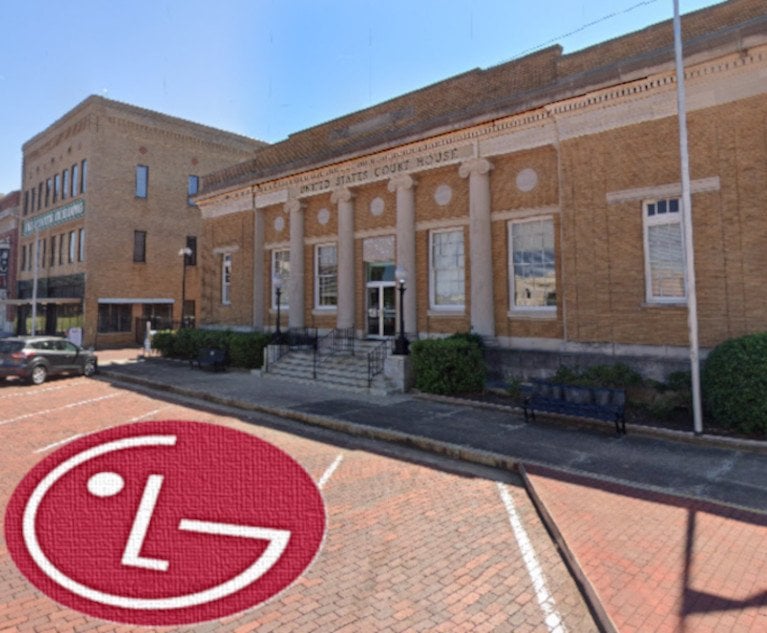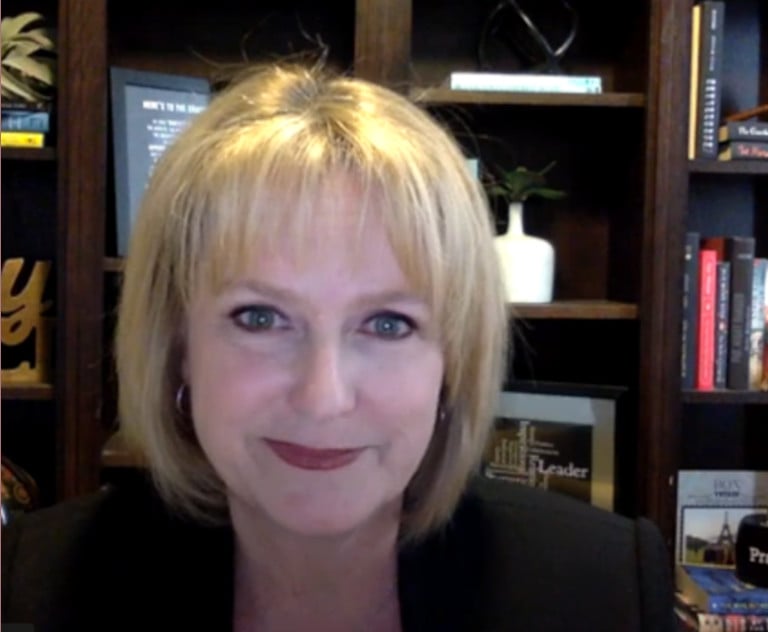Chinese national Bo Mao, a computer science professor working at UT Arlington, was arrested in Texas in August, then transferred to New York and accused of working with a Chinese company widely believed to be telecom giant Huawei to steal intellectual property from an American company, told a federal judge Wednesday that he wants to retain his current counsel despite questions about whether billing in the case could hurt his position.
Mao’s Thompson & Knight and Wilson Sonsini Goodrich & Rosati attorneys are being paid by an American subsidiary of the Chinese company, prosecutors have said.
This content has been archived. It is available through our partners, LexisNexis® and Bloomberg Law.
To view this content, please continue to their sites.
Not a Lexis Subscriber?
Subscribe Now
Not a Bloomberg Law Subscriber?
Subscribe Now
LexisNexis® and Bloomberg Law are third party online distributors of the broad collection of current and archived versions of ALM's legal news publications. LexisNexis® and Bloomberg Law customers are able to access and use ALM's content, including content from the National Law Journal, The American Lawyer, Legaltech News, The New York Law Journal, and Corporate Counsel, as well as other sources of legal information.
For questions call 1-877-256-2472 or contact us at [email protected]


 Professor Bo Mao, right, departs Eastern District courthouse in September, with his attorney Richard Roper of Thompson & Knight. Photo: Mark Kauzlarich/Bloomberg
Professor Bo Mao, right, departs Eastern District courthouse in September, with his attorney Richard Roper of Thompson & Knight. Photo: Mark Kauzlarich/Bloomberg




